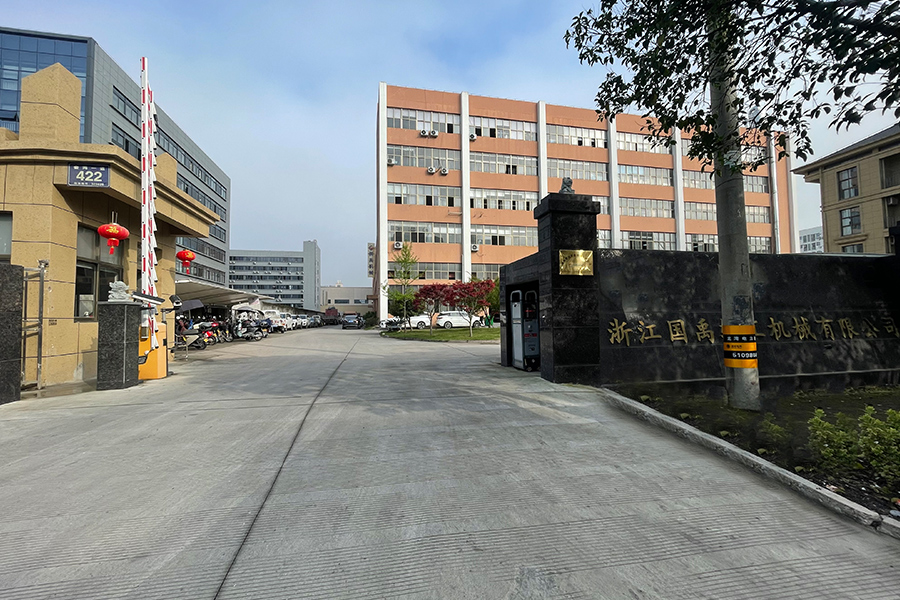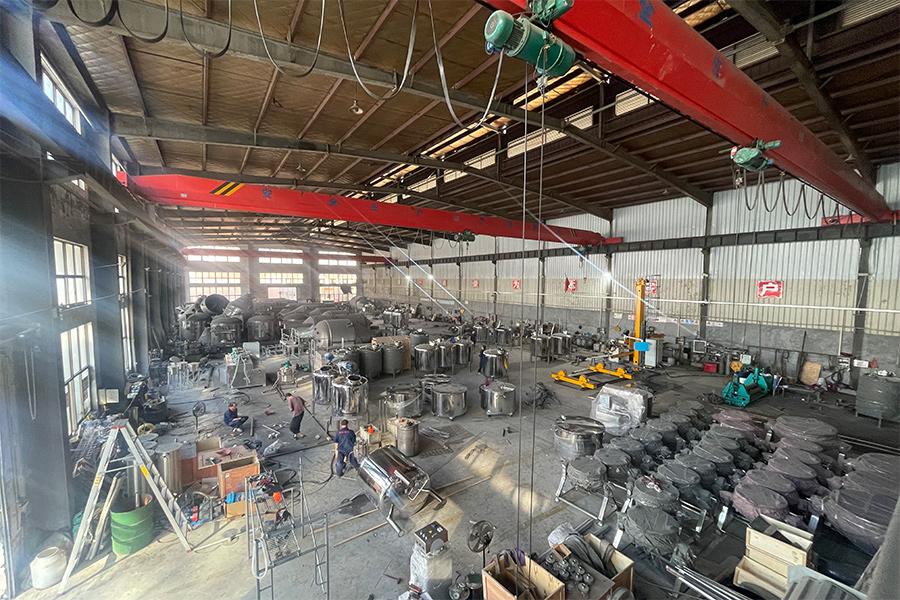-
 [email protected]
[email protected]
-
 +86-13706666922
+86-13706666922

The bioprocessing sector is experiencing substantial technological progress centered around the continuous improvement of Fermentation Tanks. These specialized vessels serve as the fundamental environment where microbial cultures transform raw materials into valuable substances through controlled biological processes. The evolution of Fermentation Tanks represents a significant advancement in industrial biotechnology, enabling more efficient production across numerous fields including beverage production, pharmaceutical manufacturing, and biofuel development. The sophisticated design of modern Fermentation Tanks allows for precise management of complex biochemical transformations.
The engineering behind contemporary Fermentation Tanks incorporates multiple integrated systems that maintain ideal conditions for microbial activity. These vessels typically feature durable construction using specialized materials that resist corrosion and maintain purity standards. Modern Fermentation Tanks include advanced aeration systems that regulate oxygen transfer, precision temperature control mechanisms that maintain ideal thermal conditions, and sophisticated agitation systems that ensure homogeneous distribution of nutrients and microorganisms. The monitoring equipment integrated within Fermentation Tracks tracks critical parameters including pH levels, dissolved oxygen content, and metabolic activity throughout the fermentation process.
The application scope for Fermentation Tanks spans diverse industrial sectors with particularly important roles in several key areas. Beverage producers utilize large-scale Fermentation Tanks for converting raw ingredients into alcoholic drinks and fermented beverages through traditional and modern methods. Pharmaceutical manufacturers employ specially designed Fermentation Tanks for producing antibiotics, therapeutic proteins, and vaccines using carefully selected microbial strains. Biofuel facilities operate massive Fermentation Tanks where microorganisms convert biomass into renewable energy sources. The agricultural industry also depends on Fermentation Tanks for producing animal feed supplements and biofertilizers through controlled microbial processes.
Technological innovation has significantly transformed the operational capabilities of modern Fermentation Tanks. Current systems often incorporate automated control technology that continuously adjusts environmental conditions to maintain ideal parameters for microbial growth and product formation. Many advanced Fermentation Tanks now include sophisticated sensor arrays that provide real-time data about metabolic activity and nutrient consumption patterns. The integration of these smart systems within Fermentation Tanks has substantially improved process consistency and product yields while reducing operational variability between production batches. These technological enhancements have made fermentation processes more predictable and economically viable.
The structural design and material selection for Fermentation Tanks continue to evolve to meet increasingly demanding industrial requirements. The construction of each Fermentation Tank considers factors such as chemical compatibility, thermal properties, and sterilization needs. High-grade stainless steel remains a preferred material for many Fermentation Tanks due to its durability and cleanability, while specialized coatings and alloys are employed for specific applications. Safety features integrated into Fermentation Tanks include pressure regulation systems, emergency venting mechanisms, and containment measures that ensure secure operation even during process deviations or unexpected conditions.
Future development pathways for Fermentation Tank technology emphasize sustainability improvements and digital integration. Next-generation Fermentation Tanks are being designed with enhanced energy efficiency through better insulation and heat recovery systems. The increasing digitalization of industrial processes is driving the development of Fermentation Tanks with improved connectivity features that enable seamless data exchange with manufacturing execution systems. Research initiatives are exploring novel materials and designs that could further improve the performance and versatility of Fermentation Tanks. These ongoing advancements in Fermentation Tank technology continue to expand the possibilities for industrial biotechnology while supporting more sustainable and efficient manufacturing approaches across global markets.







